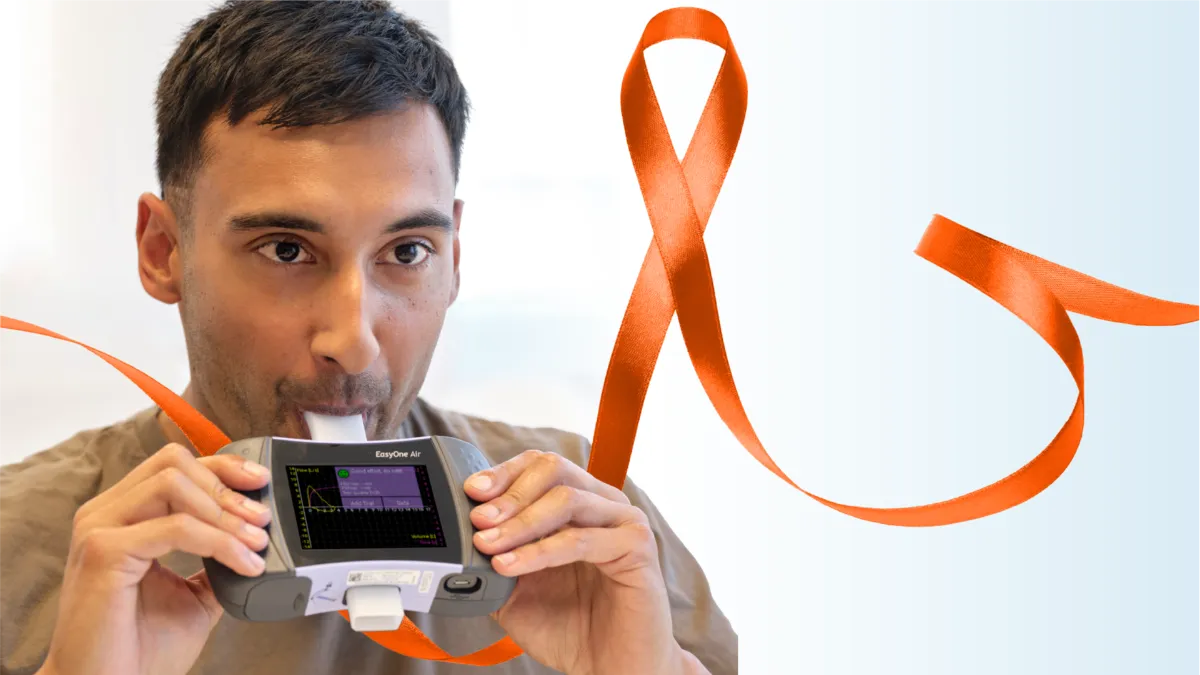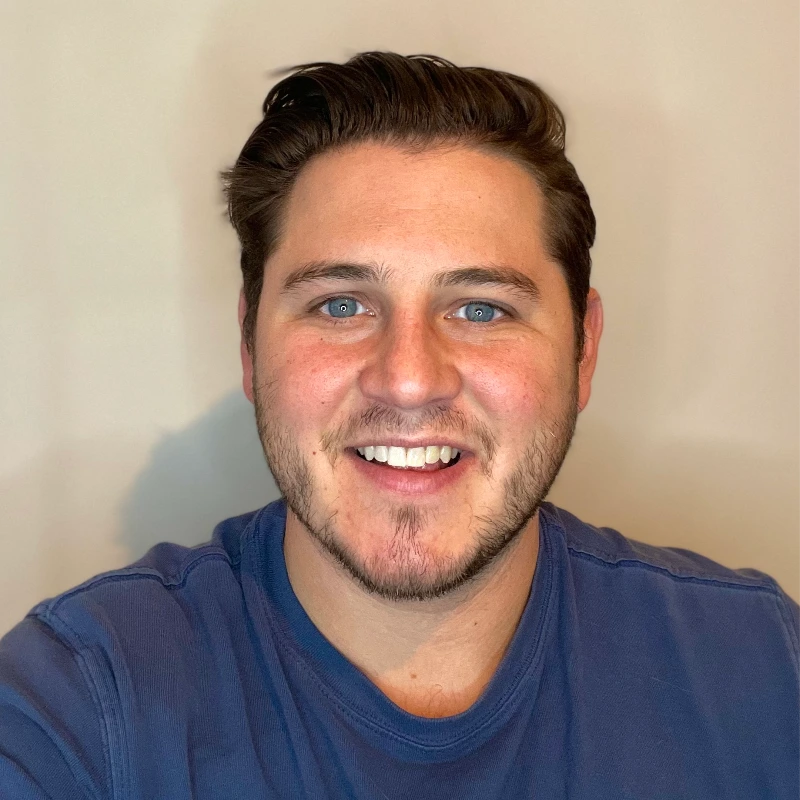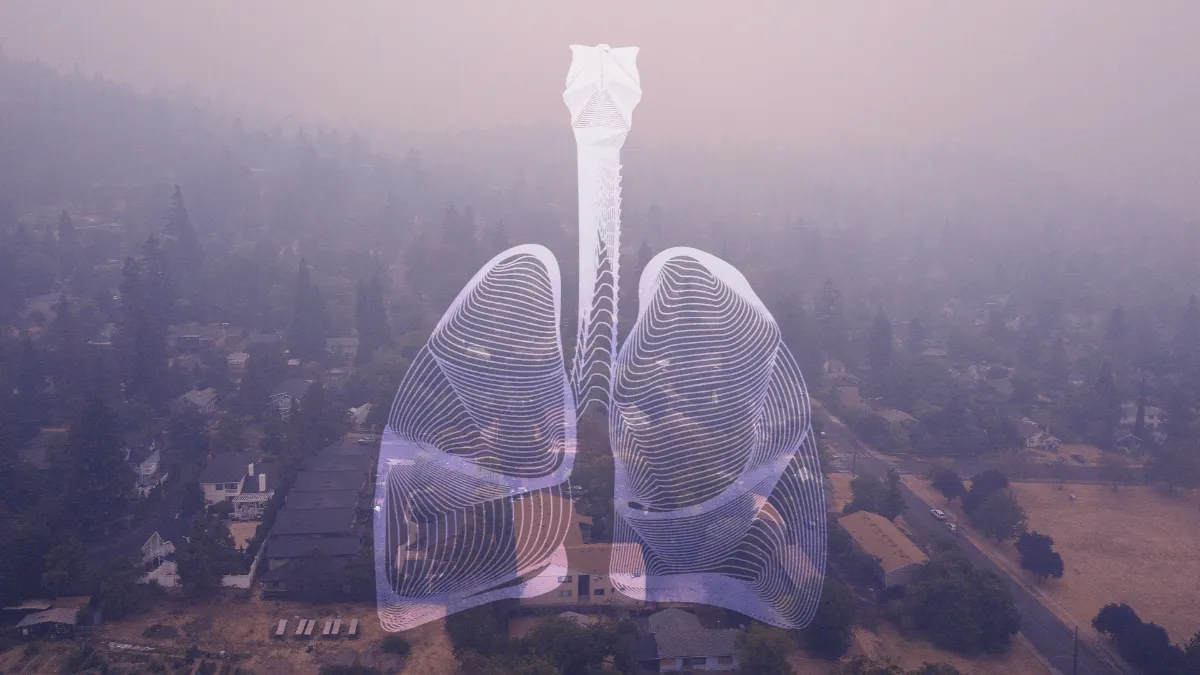COPD and smoking cessation: Quitting for a better future

November is COPD Awareness Month, but unless you or a loved one suffers from COPD, there’s a good chance you had no idea there was a month devoted to making more people aware of this chronic and progressive respiratory disease that affects millions. Although a long list of factors can cause COPD, smoking is at the top.
What is COPD? #
Chronic obstructive airway disease, or COPD, is an umbrella term for diseases that block airflow into and out of the lungs, causing breathing-related problems. It is the fourth most common cause of death worldwide and affects millions.1 Besides making breathing difficult, COPD also comes with many other issues, including activity limitations, inability to work, increased emergency room visits, inpatient hospital stays, depression, and other chronic diseases like diabetes, stroke, congestive heart failure, and asthma.
COPD and the dangers of smoking #
Smoking is the leading cause of COPD. About 75%2of all COPD cases occur in people who smoke or have a smoking history. Each puff of a cigarette releases harmful toxins, slowly destroying the lungs’ defense against infections and narrowing airways. Over time, this constant assault on the lungs causes swelling in the bronchial tubes. It destroys tiny air sacs called alveoli, deep inside the lungs, that help oxygen move into the blood and carbon dioxide out of the blood and back into the lungs so you can get rid of it as you exhale.
The result is hyperinflated lungs that trap air inside the lungs, reducing the lungs’ capacity3to get air into the lungs. Even worse, because of the narrow airway, it’s even more challenging to get it out once the air gets in. Eventually, each breath becomes a struggle.
One way to stop the damage is to quit smoking #
There are medications and inhalers to help ease the symptoms and expand the airways, but the only way smokers can stop the progression of COPD and airway damage is to stop smoking.
Quitting smoking may not entirely reverse lung damage, but it will prevent further injury and slow declining lung function.
When smokers face giving up cigarettes, they often rationalize their reasons for not quitting by saying they are too old, smoke too much already and could never stop, or have already done too much damage; it’s not worth trying to quit now. But there is plenty of evidence that show otherwise.
The American Journal of Respiratory Critical Care published a study revealing that “heavy smokers stand to benefit the most if they quit and the most to lose if they continue smoking.” The study also found that older smokers could benefit just as much as young smokers in terms of improving the rate of decline in lung function. Ultimately, the smokers with the worst lung function faced the most rapid decline in lung function if they were to continue smoking.4
The thought of quitting cigarettes may seem impossible for many people, but knowing that the benefits start within hours is inspiring. The Quit Smoking Timeline5reveals how the results are immediate, and in less than a year, the lungs show significant improvement.
What happens after a smoker has their last cigarette #
- 20 minutes: The heart rate drops.
- 8 hours: Oxygen levels in the blood start to recover.
- 48 hours: Lungs begin to clear mucous, and sense of taste and smell improve.
- 72 hours: The airways begin to relax, and energy starts increasing.
- 2-12 weeks: The heart strengthens and circulation improves.
- 3-9 months: Less coughing and wheezing as lung function improves up to 10%!
- 1- year: The risk of heart disease is half that of those who continue smoking.
- 10 years: The risk of lung cancer is half that of current smokers.
- 15 years: The risk of having a heart attack or stroke is the same as someone who never smoked a cigarette.
Taking the first step #
Quitting is a challenging journey for anyone who smokes, but when you have COPD, the stakes become higher. Every cigarette can cause further lung damage, so the time to quit is now. Even if you’ve tried before, it’s never too late to stop to start improving your lungs and your overall health. As the Quit Smoking Timeline revealed, the benefits begin within minutes and only get bigger and better as time passes.
Remember, the most important thing you can do to slow the progression of your COPD is to take that first step toward quitting cigarettes forever. Start with a plan and gather your family and friends for support.
Take advantage of all the resources available to help you quit today.
COPD support groups #
- COPD Step by Step: quitting smoking. You can do this.
- American Lung Association: Quit Smoking
- COPD Foundation: Quitting Smoking
- Center for Disease Control: Quit Smoking
- European Lung Foundation
Shahab L, Jarvis MJ, Britton J, West R. Prevalence, diagnosis and relation to tobacco dependence of chronic obstructive pulmonary disease in a nationally representative population sample. Thorax. 2006;61(12):1043-1047. doi:10.1136/thx.2006.064410 ↩︎
Association AL. What Causes COPD. Accessed October 3, 2023. https://www.lung.org/lung-health-diseases/lung-disease-lookup/copd/what-causes-copd ↩︎
Delgado BJ, Bajaj T. Physiology, Lung Capacity. In: StatPearls. StatPearls Publishing; 2023. Accessed October 4, 2023. http://www.ncbi.nlm.nih.gov/books/NBK541029/ ↩︎
Scanlon PD, Connett JE, Waller LA, et al. Smoking Cessation and Lung Function in Mild-to-Moderate Chronic Obstructive Pulmonary Disease. Am J Respir Crit Care Med. 2000;161(2):381-390. doi:10.1164/ajrccm.161.2.9901044 ↩︎
Quit Smoking Timeline | Benefits of Stopping. NiQuitin UK. Accessed October 4, 2023. https://www.niquitin.co.uk/stop-smoking-timeline/ ↩︎
Written by

Allison DeMajistre
BSN, RN, CCRN
Allison DeMajistre is a freelance medical writer with a decade of clinical experience as a critical care registered nurse. She writes about cardiology, pulmonology, and several other medical topics. She strives to simplify complex medical information for patients and to write insightful and informative articles for health care professionals.








